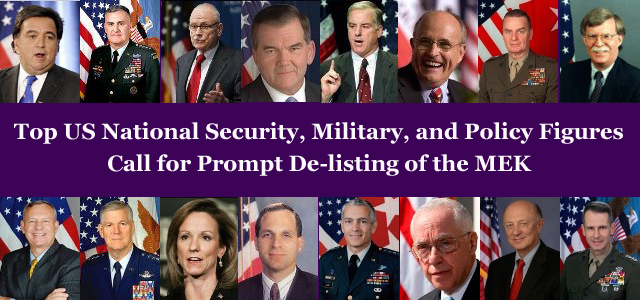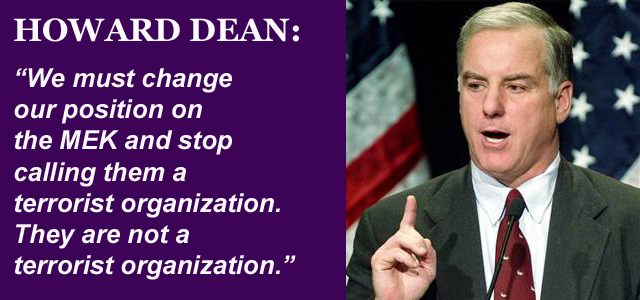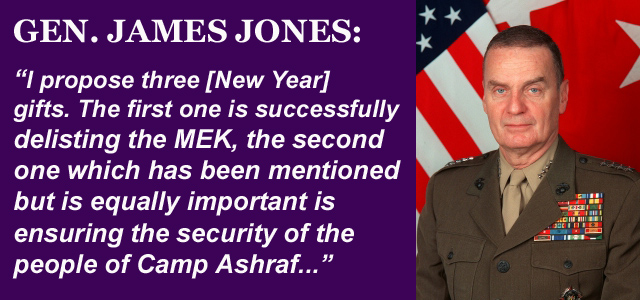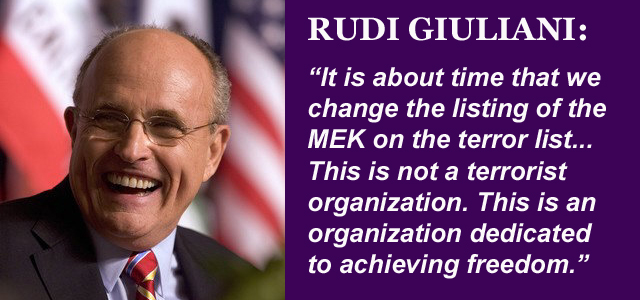The New York Times
To the Editor:
“An Iranian Cult and Its American Friends,” by Elizabeth Rubin (Sunday Review, Aug. 14), repeats unfounded allegations against the People’s Mujahedeen of Iran.
The People’s Mujahedeen, also known as MEK, never cooperated with Saddam Hussein in his crackdowns against Kurds and others, and the current Iraqi foreign minister has confirmed this. Such allegations are spread by Iran’s Ministry of Intelligence and Security to demonize the resistance.
Other than repeating the mullahs’ misinformation against the resistance by labeling it as a “cult,” the article does not mention any specific act of terrorism for which the group should remain designated by the United States State Department as a foreign terrorist organization.
Whether one is a terrorist can only be decided based on the facts, and in the case of the MEK, courts in Britain, the European Union and the United States have determined time and again that it isn’t involved in terrorism.
LORD CORBETT OF CASTLE VALE
Chairman
British Parliamentary Committee for Iran Freedom
London, Aug. 14, 2011
The letter was signed by 39 other members of the committee.
To the Editor:
Elizabeth Rubin’s article on the MEK suggests that it deserves to remain on the State Department foreign terrorist organization list because of cultlike qualities that she observed when she visited its camp in 2003. Clearly, this is not the standard for designation as a terrorist group, with all the consequences that attach to such a label.
For that reason, the highest courts in Britain and the European Union have removed the MEK from their respective terrorist organization lists. And last year, the United States Court of Appeals in Washington chided the State Department for failing to provide proper evidence to warrant such a designation. The State Department has not yet responded.
The issue of who should rule Iran in the event its theocratic, terrorist mullahs can ever be replaced by a democratic regime is a question for the Iranian people to decide. It is not for the United States, as Ms. Rubin suggests, to prejudge who should contend for the support of the Iranian people in a free election.
ALLAN GERSON
Washington, Aug. 15, 2011
The writer is one of the lawyers representing the MEK in its efforts to be removed from the State Department list of foreign terrorist organizations.



